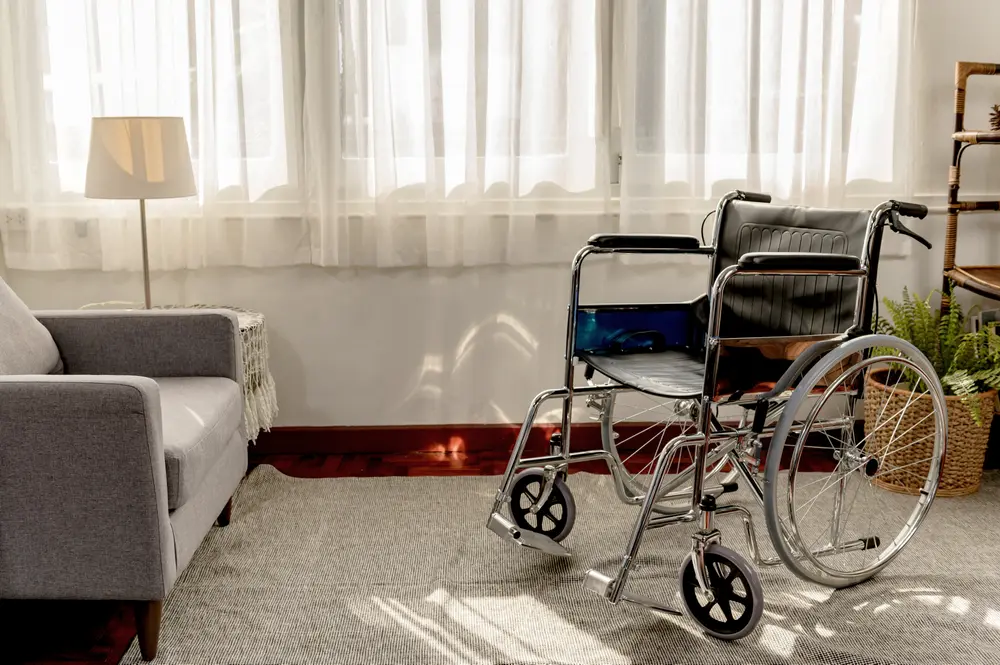
Canada reached a new high in the number of assisted suicides last year, registering a 34% increase in people opting to end their lives under the world’s most liberal euthanasia laws in just one year, the Daily Mail reported on Wednesday, June 7th. Anti-euthanasia activists blame the “heavy promotion” of assisted suicide for this steep incline.
While Ottawa is expected to publish the official statistics for 2022 next month, based on already available state-level data, the Euthanasia Prevention Coalition assessed that MAID (Medical Assistance in Dying) cases rose from just over 10,000 in 2021 to around 13,500 in the next year, a 34% increase nationwide.
On the state level, Quebec saw the greatest hike during the period, where assisted suicide cases went up by 51%—meaning that with 7% of all deaths, MAID is now the third most prevalent cause of death in the province after cancer and heart disease—followed by Alberta with 41%, and Ontario with 27%.
The reason assisted suicide rates skyrocketed in recent years is because the “heavy promotion of MAID within [the Canadian] medical system normalized lethal injections,” Alex Schadenberg, the director of the leading international anti-euthanasia advocacy group argued. He added:
Every major healthcare institution has a MAiD team which will literally approach everyone who may qualify for MAiD and ask them if they want to die.
Canada’s controversial MAID program, adopted in 2016, quickly made headlines for putting outstandingly loose criteria in front of those who wished to end their lives. Under the law, patients don’t need to have a terminal illness to qualify (only an “irremediable medical condition,” which can be any disease or disability that “cannot be relieved under conditions that the person considers acceptable”) and MAID can be administered not only by physicians but also nurse practitioners after evaluation by just two of them.
What initially was meant to help seriously ill patients who have long lost all hope of recovering quickly has turned into a slippery slope and “ballooned into a government program offering death as an escape from loneliness, depression, or even poverty and homelessness,” says Paul Coleman’s commentary on the topic. Indeed, leftist parties in Ottawa are currently pushing for extending the program to minors (even without parental consent), while over a quarter of Canadians support the idea of offering euthanasia to the poor and the homeless too.
Now, critics of the law often say that it lacks sufficient safeguards to protect people who potentially have decades to live, but according to Schadenberg, the primary reason behind this unprecedented proliferation of MAID cases is that medical personnel are aggressively pushing for the sick to choose euthanasia. In some cases, patients were asked as many as five times if they wanted to die, regardless of relative being present or not. As he said:
The selling of MAiD by the MAiD teams is a big reason why the numbers are skyrocketing. If you’re going to pay people to be on a MAiD team, they will sell what they are offering.
One of the most bizarre cases happened late last year, when Christine Gauthier, a retired army corporal and former Paralympian who had been asking the Canadian government for a wheelchair lift in her home for five years, finally received an answer from the Department of Veterans Affairs, “saying that if you’re so desperate, madam, we can offer you MAID,” Gauthier said, adding that they even offered her the equipment.
Currently, euthanasia is legal in only seven countries—including Belgium, Canada, Colombia, Luxembourg, the Netherlands, and Spain—as well as a few states in Australia, while it’s only accessible for minors in Belgium and the Netherlands.
